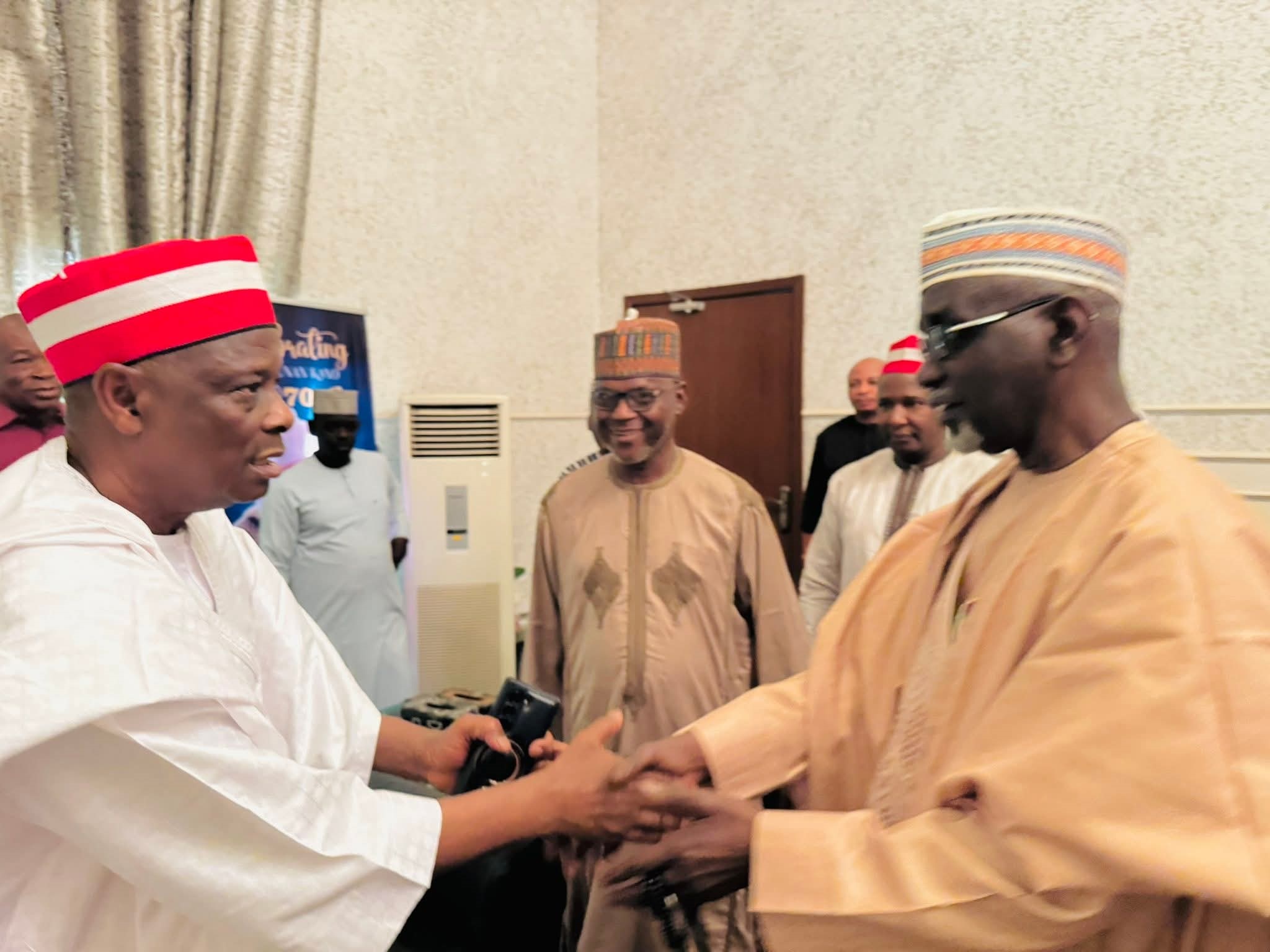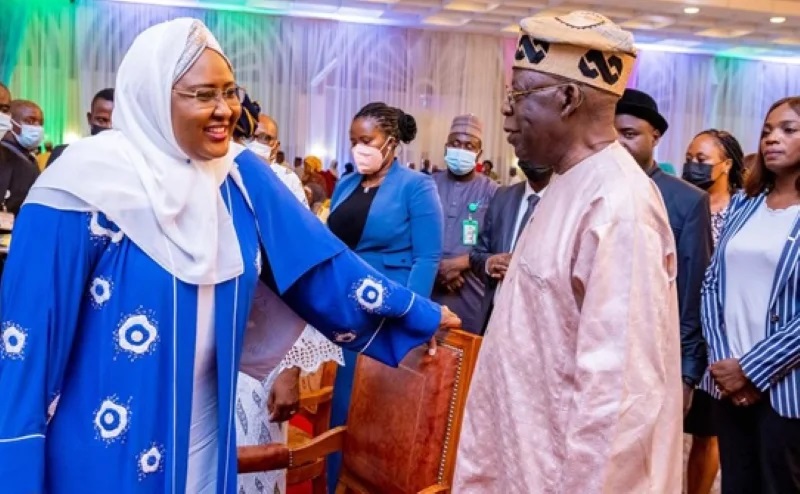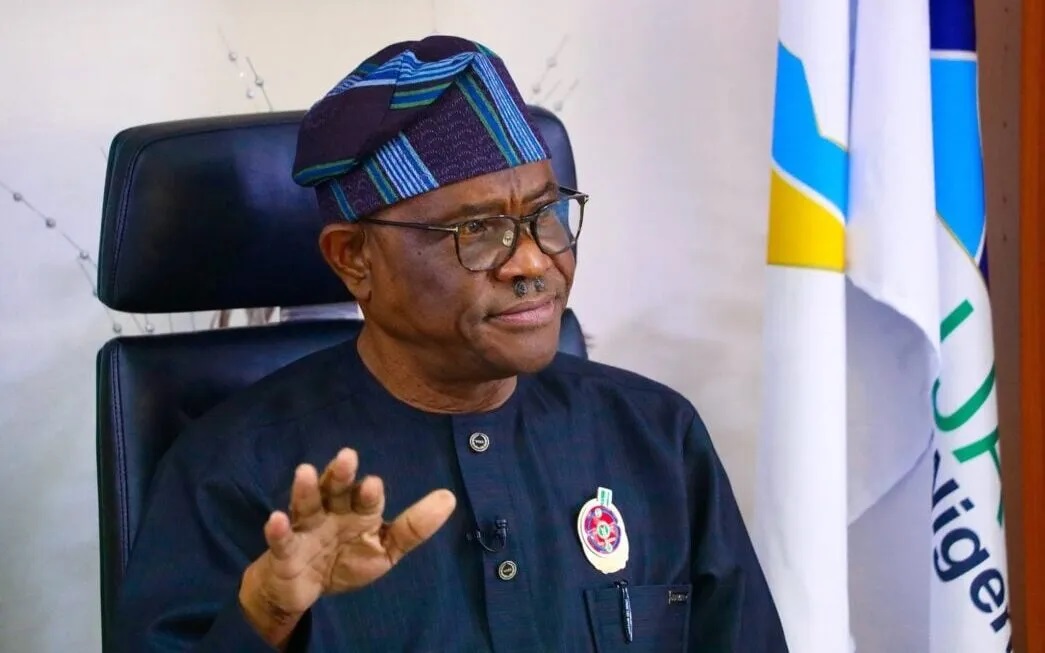The Federal Government has appealed to the United Nations for support in securing long-term financing to address the increasing humanitarian challenges caused by internal displacement across Nigeria.
Minister of Budget and Economic Planning, Senator Abubakar Bagudu, made the appeal on Wednesday in Abuja during a roundtable on Humanitarian Development and Peacebuilding Approaches to Durable Solutions for Internally Displaced Persons (IDPs). The event was confirmed in a statement by the ministry’s Director of Information, Julie Osagie Jacobs.
Bagudu disclosed that the government is seeking access to approximately $10 billion in long-term credit at a 4 percent interest rate, which he said would be channeled into creating sustainable livelihoods and economic opportunities for millions of IDPs.
“If we have access to $10 billion at 4%, we can deploy it to address the humanitarian challenges confronting our country. Such funding will not only ease the burden of displacement but also create wealth for our people,” he said.
Shift from Aid Dependence to Sustainable Financing
The minister noted that reliance on grants and humanitarian aid from development partners is no longer sustainable due to shrinking global funding. He stressed the need for innovative financing models using capital markets to deliver long-term solutions.
“The grants we used to rely on are decreasing. We need to think differently by raising long-term funds that can yield sustainable solutions,” Bagudu added.
He explained that the Federal Government has increased allocations to states to enable them undertake development-driven projects in infrastructure and social investment.
Bagudu also highlighted the Renewed Hope Ward-Based Development Plan and the Solutions for the Internally Displaced and Host Communities (SOLID) Initiative, both of which are designed to identify and expand economic opportunities across Nigeria’s 8,809 wards.
Focus on Resilience Rather Than Emergency Aid
Minister of State for Humanitarian Affairs and Poverty Reduction, Dr. Yusuf Sununu, emphasized the need to transition from short-term emergency responses to long-term resilience strategies.
“Durable solutions must evolve from response to prevention, from donor dependency to national leadership, and from fragmented action to whole-of-government accountability,” he said.
Sununu expressed concern over the sharp decline in external funding for humanitarian programmes, warning it could affect the scale and continuity of interventions. He, however, commended ongoing partnerships with development agencies, noting that collaboration can turn current crises into opportunities for inclusive growth.
UN Commends Nigeria’s Efforts
United Nations Resident and Humanitarian Coordinator in Nigeria, Mr. Mohammed Fall, applauded the government’s efforts in managing humanitarian crises in Borno, Yobe, Adamawa, and parts of the North Central region.
He reaffirmed the UN’s commitment to supporting Nigeria in restoring the dignity and livelihoods of internally displaced persons, emphasizing that recovery and reintegration remain essential to peacebuilding and national stability.
Stakeholders Present
The roundtable was attended by representatives of the National Commission for Refugees, Migrants and Internally Displaced Persons (NCFRMI), the Institute for Peace and Conflict Resolution (IPCR), and the Office for Strategic Preparedness and Resilience (OSPRE), among others.





